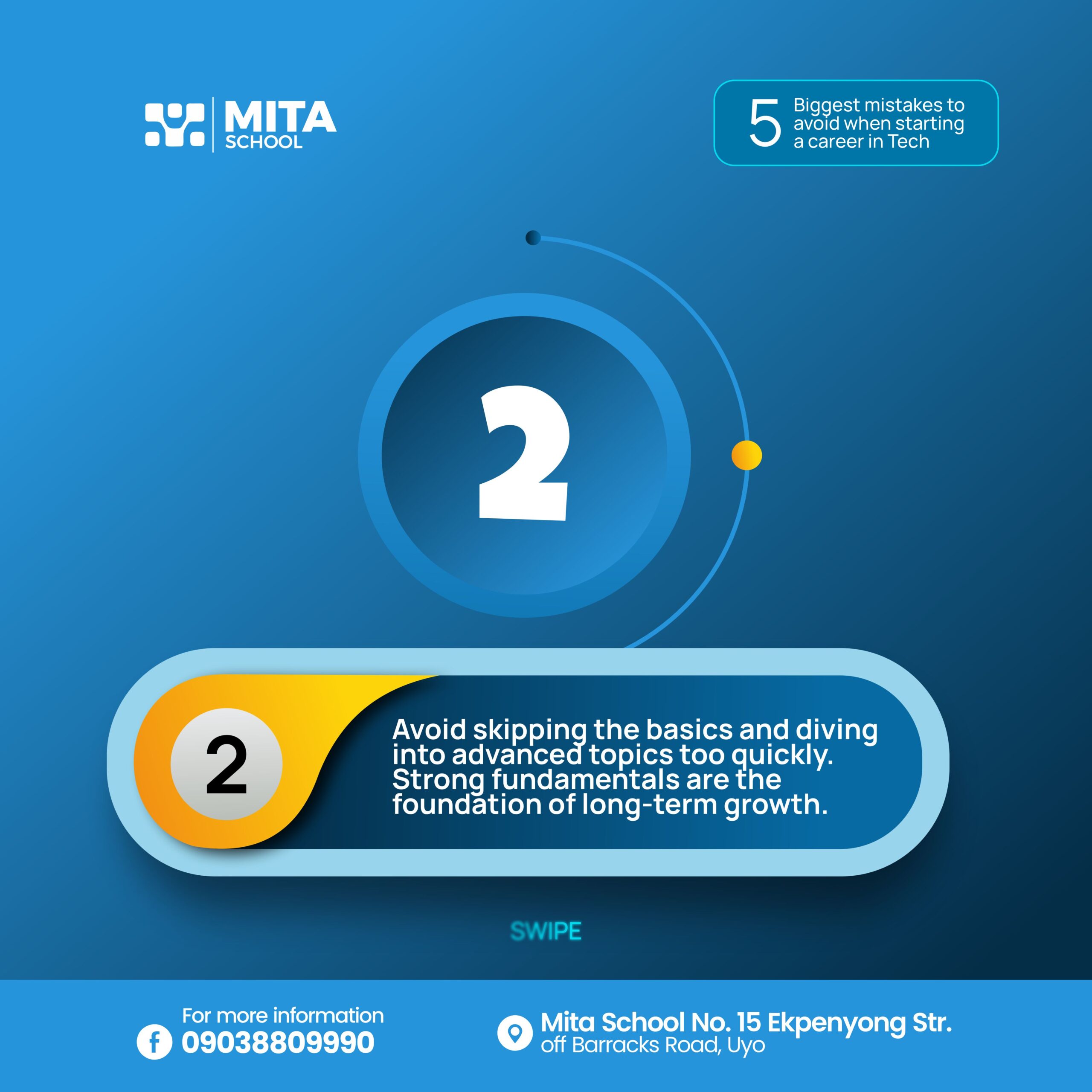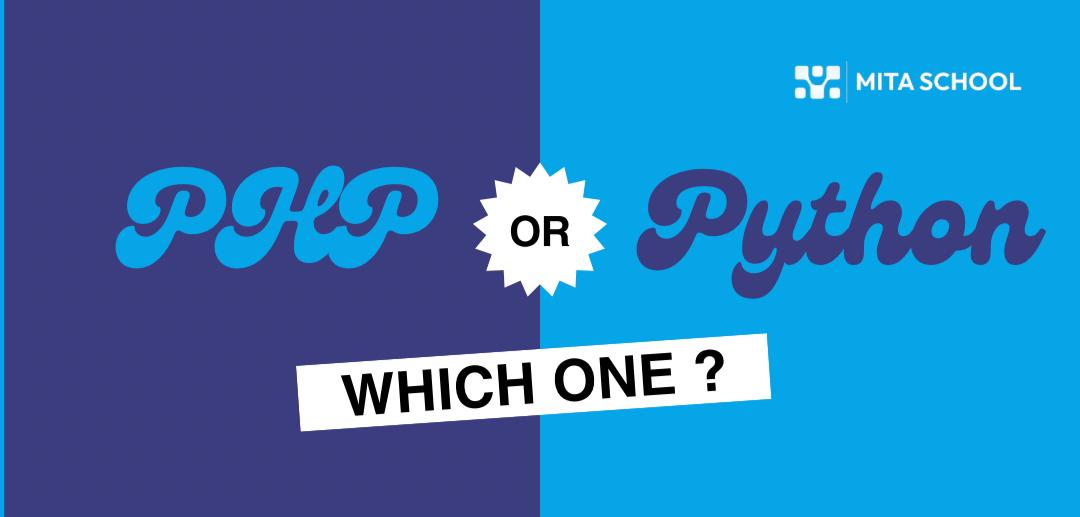Imagine this. You’ve been debugging your code for over an hour. Line after line, nothing seems out of place, yet the error persists. Out of frustration, you finally copy the error message and paste it into Google. Boom, you find multiple solutions in seconds. The answers were always there, but you just didn’t know the right words to use when searching.
Now, flip the script. What if recruiters, clients, or potential employers are searching for someone with your exact skills, but they can’t find you, because you haven’t used the right keywords in your LinkedIn, portfolio, or GitHub? Just like debugging, visibility in your career often comes down to knowing the right words. That’s where keyword research comes in.
What Keyword Research Really Means

When most people hear “keyword research,” they think SEO or marketers. But for you, as a developer, analyst, designer, or IT professional, keyword research simply means understanding the exact words your industry, employers, and clients use when they’re searching for talent.
Pause a minute to think. A recruiter won’t just search “tech guy” or “good coder.” They’ll type something specific like “React developer remote,” “entry-level data analyst Power BI,” or “cybersecurity intern with Python.”
If your profile or portfolio doesn’t contain those words, you’ll stay invisible even if you’re the perfect fit.
How Keyword Research Boosts Your Career
At first glance, keyword research may sound like something only marketers or SEO experts care about. But in reality, it is one of the most underrated career accelerators in the tech world. Knowing which words people use to describe the skills you already have makes you easier to find, trust, and hire. Let’s break this down in detail.
1. It Gets You Found by Recruiters
Recruiters don’t have the time to manually search through endless resumes. Instead, they type specific keywords into platforms like LinkedIn or job boards. If your profile doesn’t match those words, you won’t even appear in their search results. For example, imagine a recruiter types “entry-level cloud engineer AWS”. If your profile only says “tech enthusiast with cloud interest”, you’ll stay invisible even if you’ve done AWS projects.
94% of recruiters use LinkedIn to find candidates, and their searches are keyword-driven. That means the words you choose literally decide whether you show up or not.
2. It Makes Your Portfolio Discoverable
Your portfolio is your career showroom. But what good is it if no one sees it? Recruiters, clients, and collaborators often search online for specific terms like “React portfolio examples,” “Python machine learning projects,” or “UI/UX case studies.” If your portfolio uses those terms in titles, descriptions, or meta tags, you have a higher chance of being found.
For instance, a data analyst who uploads a project titled “Sales Dashboard in Power BI” is far more likely to attract attention than someone who uploads “Project 1”. Same project, different visibility.
3. It Helps You Beat the ATS (Applicant Tracking System)
Most large companies now use ATS software to filter resumes before a human even looks at them. The software scans for keywords from the job description. If you don’t have those exact keywords in your resume, it gets filtered out even if you’re qualified.
For example, if a job description says “experience with CI/CD pipelines,” but your resume only says “experience with automation workflows,” the ATS may not connect the dots. Keyword research helps you identify and mirror the exact language employers use.
Research shows that 75% of resumes are rejected by ATS before reaching a recruiter simply because they lack the right keywords.
4. It Boosts Your Content Visibility
Whether you write blog posts, contribute to Medium, share LinkedIn articles, or publish GitHub readmes, using keywords strategically increases the chances of your content being discovered.
- A blog post titled “How to Build a REST API with Node.js and Express” will get organic search traffic.
- A GitHub repo titled “Data Cleaning Scripts in Python (Pandas, NumPy)” can show up in Google results when others are searching for those exact terms.
This builds credibility and over time, people associate your name with those skills, making you an authority in your niche.
5. It Shapes Your Personal Brand
Keywords don’t just help you get found, they help you control how you’re found. By deliberately choosing and repeating certain keywords across LinkedIn, portfolios, GitHub, and even social media bios, you carve out a clear identity in the tech space.
If someone sees “Blockchain Developer | Smart Contracts | Solidity” in your headline across multiple platforms, they immediately know what you stand for. Compare that to “Tech Enthusiast | Love learning new things” which one feels more authoritative and memorable?
According to LinkedIn research, profiles with clearly defined skill keywords receive 27x more profile views and 36x more messages from recruiters.
6. It Opens Doors Beyond Jobs
The benefits go beyond traditional employment. Keywords can attract freelance gigs, speaking opportunities, collaborations, and even mentorship. For example, if an event organizer is searching for “AI engineer in Nigeria” to invite as a speaker, having those words in your bio or blog increases your chances of being picked.
Similarly, freelancers who optimize profiles with service keywords like “Webflow Developer” or “Python Data Automation” often see higher inbound client requests.
In short, keyword research is not just about SEO it’s about career SEO. It’s the skill that makes sure your hard work, projects, and expertise don’t stay hidden in the dark corners of the internet. Instead, they get discovered by the people who matter most to your career growth.
Practical Ways to Do Keyword Research
You don’t need to be an SEO guru. Here’s how to do it the tech way:
- Check LinkedIn job descriptions → What words keep repeating? (e.g., “REST APIs,” “CI/CD pipelines,” “UI/UX Design.”)
- Use Google autocomplete → Type “Python data” and see what phrases people are searching.
- Free SEO tools → Try Google Keyword Planner, Ubersuggest, or AnswerThePublic.
- Case example:A UI/UX designer who sees that terms like “Figma” and “User Research” are frequently used in job postings should highlight them in their portfolio and LinkedIn headline. That simple adjustment can make their profile stand out and get discovered by more recruiters.
Mistakes Tech Professionals Make with Keywords
- Keyword stuffing: Writing “React React React” everywhere feels fake and won’t help.
- Being too broad: Using just “developer” instead of “backend developer (Node.js, MongoDB).”
- Ignoring niche terms: “Healthcare data analyst” is more targeted (and in-demand) than just “data analyst.”
Remember, keywords should feel natural, not forced.
Action Plan: Start Using Keywords Today
Here’s how you can put this into action immediately:
- Pick 3 keywords that describe your skills or goals (e.g., “cloud security,” “React developer,” “SQL projects”).
- Add them naturally to your LinkedIn headline, About section, and portfolio site.
- Create one small piece of content—like a GitHub readme or short blog—using those keywords in the title.
Do this consistently, and within months, opportunities will start finding you.
Conclusion
Just like debugging a stubborn error becomes easier once you use the right search keywords, building your career becomes easier once people can find you with the right keywords. Your portfolio, LinkedIn, GitHub, and even personal website should be optimized to match what recruiters and clients are actually searching for.
The truth is, your skills are too valuable to remain hidden. Keyword research is the bridge between your talent and the opportunities waiting for you. Don’t wait, start using the right words today and let your career be found.





